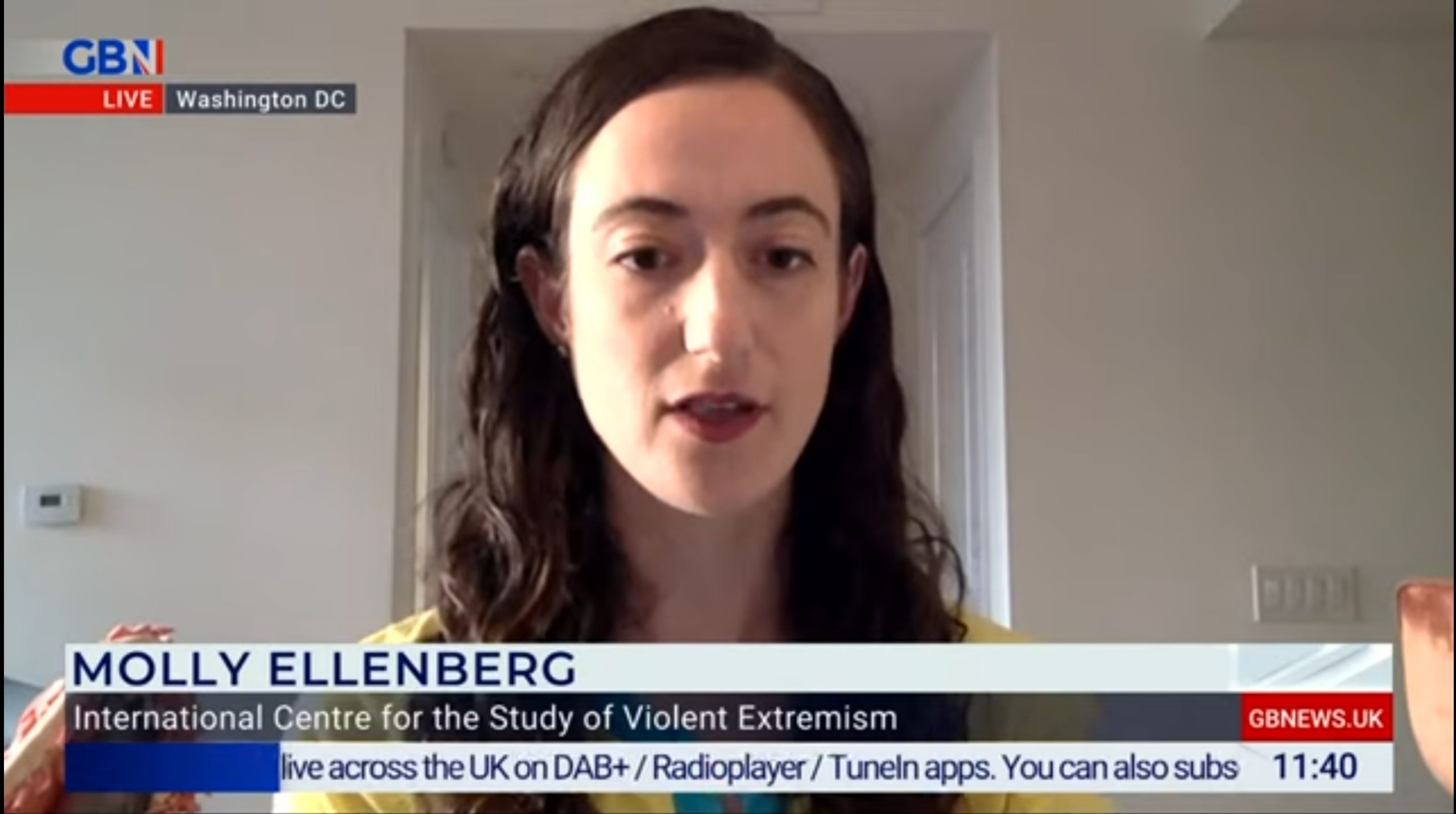
Posing as Refugees is not the Easiest Path to US for ISIS Jihadists
TribLive article quoting ICSVE Director Anne Speckhard, Ph.D.
By Jason Cato
November 21, 2015
Islamic jihadists hell-bent on waging attacks on American soil are unlikely to hide among fleeing Syrians and wade through the besieged U.S. refugee resettlement program, several national security and terrorism experts told the Tribune-Review.
It’s too lengthy a process. There are faster and easier ways to bring the fight to America, they contend.
“Any terrorist organization isn’t likely to wait three to four years to get somebody into the States,” said Anne Speckhard, director of the International Center for the Study of Violent Extremism and an adjunct professor at Georgetown University.
Islamic State in Iraq and Syria, or ISIS, and terrorist groups can and do use the Internet to radicalize Muslims in the United States. They can fly extremist Europeans from visa-waiver countries or try to sneak them across the border in an effort to mount an attack like those in Paris on Nov. 13.
“They could get on that plane tomorrow morning and do it tomorrow afternoon,” said Speckhard, noting British shoe bomber Richard Reid and similar terrorism attempts by Europeans. “I don’t want to suggest it. But if you are going to be scared, that is what you should be scared of.
“They don’t have to wait and pretend to be a refugee.”
University of Pittsburgh international affairs professor Michael Kenney agreed about the long odds of the Islamic State’s trying to sneak a sleeper-cell operative through the refugee program.
“I personally don’t think that is going to happen,” said Kenney, who is part of Pitt’s Matthew B. Ridgway Center for International Security Studies. “But the thing about terrorism that we’ve learned the hard way is to never say never.”
The House of Representatives voted Thursday to suspend the entry of Syrian and Iraqi refugees into the United States until national security agencies certify that each person allowed in poses zero security threat.
The vote ended a week of fierce debate largely along political party lines over fears that extremist militants could enter the country by posing as Syrian refugees. Some governors are seeking to prevent or at least delay Syrian refugees from entering their states.
A Syrian passport found near one Paris attacker was used to pass someone from the Middle East into Greece; it has not been determined whether the document was a fake or stolen.
None of the identified attackers was from Syria, which is embroiled in a violent civil war.
Since 2011, more than 300,000 people have died in the battle between President Bashar al-Assad’s government, the Islamic State and other rebel groups.
About 11 million Syrians are displaced within the country’s borders. More than 4 million have fled their homeland, with many in Europe or living in refugee camps in Lebanon, Jordan, Turkey and elsewhere.
Some of the people in those camps — most without jobs, school and freedom to come and go — are ripe for radicalization, terror experts say. Signs of that have been reported in Jordan’s Zaatari refugee camp, which is home to 80,000 people. Lebanon’s education minister this fall estimated that 2 to 3 percent of the 1.1 million refugees who went there from Syria are jihadist militants.
United Nations officials have asked member countries to take in 400,000 of the 5 million refugees in Middle Eastern camps. President Obama promised to bring another 10,000 annually, starting this year.
About 2,200 Syrian refugees have relocated to the United States in recent years.
Pennsylvania Gov. Tom Wolf said he would welcome Syrians, and Mayor Bill Peduto wants to find room for 500 in Pittsburgh each year.
The refugee vetting process can take about two years for people from most countries.
“And Syrians that apply receive an extra layer of scrutiny,” Pitt’s Kenney said.
Investigators with the State Department, Homeland Security, the National Counterterrorism Center and the FBI’s Terrorist Screening Center examine applicants’ backgrounds, run fingerprints and photographs through databases of terrorists’ names, and conduct in-depth interviews, among other checks.
One step that should be included is an ideological screening, said Ryan Mauro, a national security analyst with the Clarion Project.
“There is a reason to believe some of the refugees who come over will have radicalized views,” Mauro said. “The refugee camps themselves are good options for spreading extremism. They are full of people who are desperate and who are cut off from the outside.”
A poll published last year by the Arab Center for Research & Policy Studies found that 13 percent of Syrian refugees have positive feelings toward Islamic State terrorists, he said.
Mauro isn’t sure such ideological screenings are part of the process.
Neither the State Department nor Department of Homeland Security responded to questions about whether refugees are vetted for signs of radicalism.
He believes the approval process should be sped up for Syrian refugees who pose minimal security risks, such as orphans, elderly individuals and those who stood up to or were abused by ISIS.
“When we start blaming Syrian refugees, we are missing the mark,” Mauro said.
Jason Cato is a staff writer for Trib Total Media. He can be reached at 412-320-7936 or jcato@tribweb.com.



